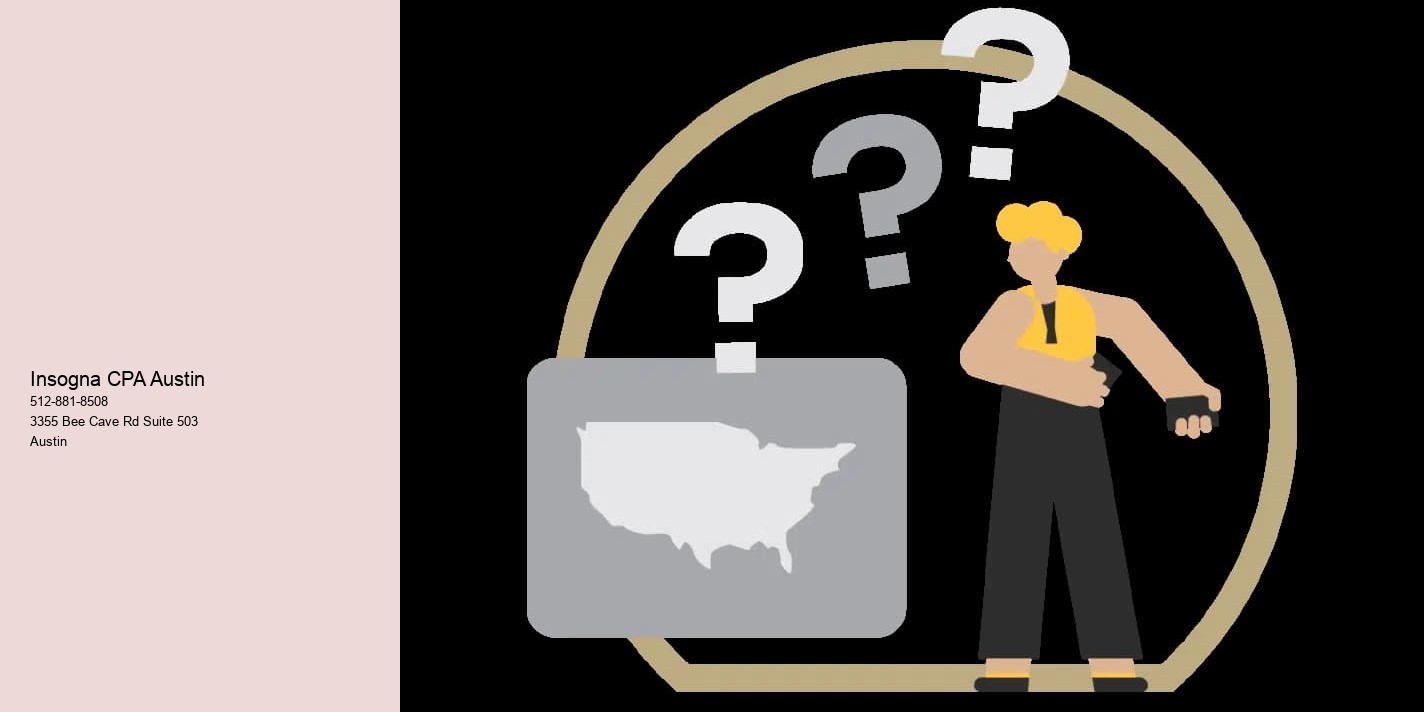
Professional Tax Preparation in Austin, Texas
Data analysis
They help in setting up robust accounting systems and ensuring accurate tracking of income, expenses, and profits, which is vital for new and growing businesses. They provide detailed financial forecasting, enabling business owners to anticipate future revenues and expenditures, manage cash flow, and plan for capital investments. With an experienced CPA firm nearby handling your books and taxes, you significantly reduce compliance risks and penalties. Insogna CPA Austin . Collaboration with Other Financial Advisors: CPAs collaborate with other financial advisors, like financial planners and attorneys, to ensure that tax planning is integrated with other aspects of financial planning and legal considerations.
Their intimate local knowledge and specialized skills make CPAs a worthwhile investment. Tax accountants are professionals who specialize in tax-related matters and provide guidance and advice to individuals and businesses on tax-related issues. They will also provide you with professional representation in case of an IRS audit.
This includes various deductions, credits, and tax incentives that can significantly reduce tax burdens. Cost Analysis and Reduction: CPAs review business expenditures to identify areas where costs can be reduced or optimized. Their expertise is invaluable in navigating the complex and dynamic world of business finance.
They can also conduct internal audits to assess financial processes and compliance, providing an additional layer of financial scrutiny and oversight. Efficient Bookkeeping and Record Keeping: A CPA ensures that your bookkeeping is accurate and up-to-date. They stay abreast of the latest tax laws and regulations to ensure that your business takes advantage of all applicable tax deductions and credits, minimizing your tax liabilities.




